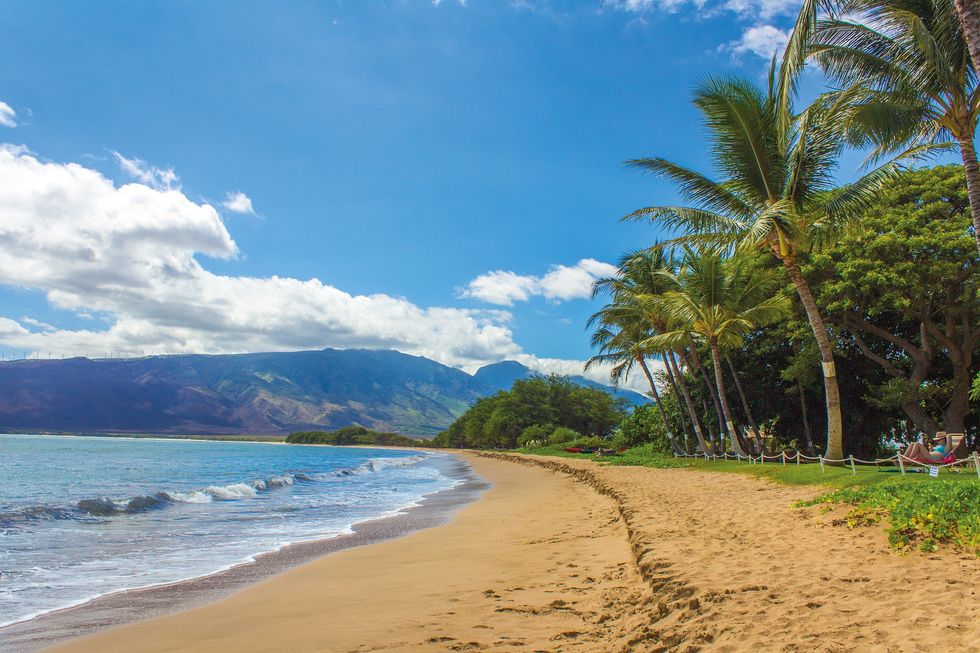Despite ongoing environmental crises, its heartening to see some states still leading the charge and committing to ambitious environmental actions. On May 8th, Hawaii passed house bill 2182, which outlines a plan to make the entire state carbon neutral by 2045. Wait, what? how are they going to do that? That's where the second piece of legislature comes in - house bill 1986 establishes a carbon-offset program to assist a task force being formed to meet their goal.
Hawaii has faced many environmental issues in the past and in the present, and these will only continue to get worse with global warming. It is estimated that around $19 billion worth of damage to private property in Hawaii will accompany rising sea levels, and that projection gets even worse when public property is taken into account.
Before Hawaii, Rhode Island had the most ambitious carbon reduction goal - cutting 85% of 1990 level emissions by 2050. By comparison, Hawaii has surged forward and appears committed to setting a good example for the rest of us. However, while it's fantastic that the state has set such a lofty goal, it is a lofty goal nonetheless. While the bill certainly takes int account measures such as tree planting and soil health, to transition from the current infrastructure to carbon neutrality will require more than that. There is a plan to introduce a "greenhouse-gas sequestration task force", which opens the door to a variety of large-scale possibilities like carbon capture and sequestration tech or carbon trading programs. It will be a fascinating glimpse of what the future could be as Hawaii gets busy tackling the challenge they've set for themselves, and honestly quite amusing if Hawaiian tourism increases as it becomes cooler (get it) to visit the first carbon neutral state in the USA.



















